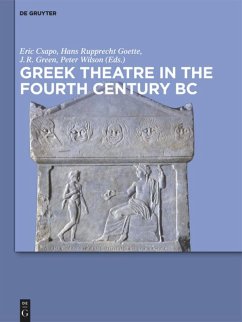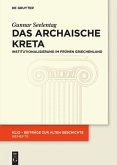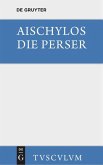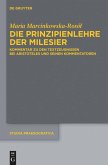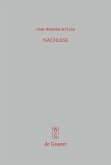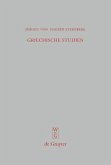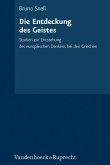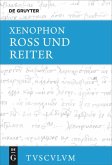Age-old scholarly dogma holds that the death of serious theatre went hand-in-hand with the 'death' of the city-state and that the fourth century BC ushered in an era of theatrical mediocrity offering shallow entertainment to a depoliticised citizenry. The traditional view of fourth-century culture is encouraged and sustained by the absence of dramatic texts in anything more than fragments. Until recently, little attention was paid to an enormous array of non-literary evidence attesting, not only the sustained vibrancy of theatrical culture, but a huge expansion of theatre throughout (and even beyond) the Greek world. Epigraphic, historiographic, iconographic and archaeological evidence indicates that the fourth century BC was an age of exponential growth in theatre. It saw: the construction of permanent stone theatres across and beyond the Mediterranean world; the addition of theatrical events to existing festivals; the creation of entirely new contexts for drama; and vast investment, both public and private, in all areas of what was rapidly becoming a major 'industry'. This is the first book to explore all the evidence for fourth century ancient theatre: its architecture, drama, dissemination, staging, reception, politics, social impact, finance and memorialisation.

